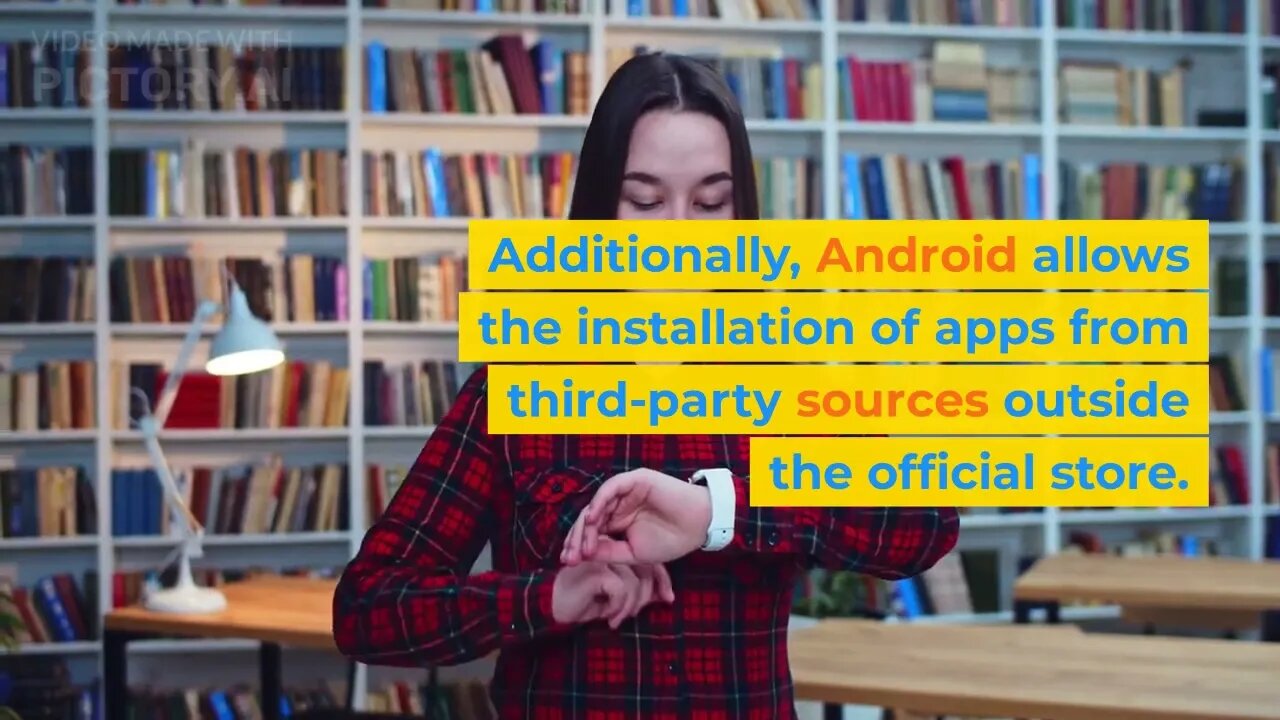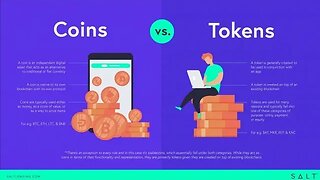Premium Only Content

InterestingdifferInteresting differences between Ios and Android??enc
iOS and Android are two dominant mobile operating systems with distinctive features and characteristics. Here are some interesting differences between iOS and Android:
User Interface: iOS has a sleek and uniform user interface across all devices, with consistent design elements and strict guidelines. Android offers more customization options, allowing users to personalize their home screens, widgets, and overall look and feel.
Device Variety: iOS is exclusive to Apple devices like the iPhone, iPad, and iPod Touch, offering a limited range of options. Android, on the other hand, is used by various manufacturers, resulting in a wide variety of devices with different sizes, shapes, and hardware specifications.
App Availability: The App Store on iOS generally receives apps first, and developers often prioritize iOS due to its user base and revenue potential. Android's Google Play Store has a larger number of apps overall, including some that are not available on iOS. Additionally, Android allows the installation of apps from third-party sources outside the official store.
Integration with Ecosystem: iOS tightly integrates with other Apple devices and services such as iCloud, iMessage, FaceTime, and Apple Watch. This provides a seamless experience across multiple devices. Android offers integration with Google services, including Gmail, Google Drive, Google Assistant, and Google Photos, along with compatibility with a wide range of third-party devices.
System Updates: Apple controls both the hardware and software, which allows them to provide iOS updates to a large number of devices simultaneously. As a result, iOS devices generally receive updates promptly. Android updates are dependent on device manufacturers and carriers, resulting in fragmentation, with different devices running various versions of the operating system.
Customization Options: Android offers extensive customization options, allowing users to modify system settings, install custom ROMs, change default apps, and personalize the user interface. iOS has limited customization options, mainly focused on rearranging app icons, selecting wallpapers, and enabling/disabling certain features.
Security: iOS has a reputation for robust security measures, including strict app review processes, sandboxing, and strong privacy features. Apple's control over hardware and software helps maintain a more secure ecosystem. Android's open nature makes it more susceptible to malware and security vulnerabilities, but Google has implemented various security measures to mitigate risks, such as Google Play Protect and app sandboxing.
Cost: iOS devices, particularly iPhones, tend to be more expensive compared to Android devices, offering a premium feel and build quality. Android devices cater to a broader price range, including budget-friendly options, making them more accessible to a wider audience.
These are just a few interesting differences between iOS and Android, and both operating systems have their strengths and weaknesses, ultimately catering to different user preferences and needs.
-
 7:30
7:30
KURTM2008
2 years agoDifferences between PC Games
41 -
 3:47
3:47
RightWingGrifter
2 years agoDifferences Between the Right and the Left
28 -
 5:57
5:57
Leo Fucarev
2 years agoFunny Differences Between My Three Dogs
6 -
 5:42
5:42
Echoing Erudite
2 years agoDifferences Between Islam & Christianity
16 -
 3:29
3:29
WFTX
2 years agoYour Healthy Family: Differences between anxiety and depression
22 -
 2:43
2:43
Saved by Grace
2 years ago $0.01 earnedShocking differences between the NIV and the KJV
72 -
 7:08
7:08
richardito
2 years ago5 Differences Between Anxiety and Panic
12 -
 3:08
3:08
VisionarySolutionsExpert
2 years agoDifferences Between Masculine and Feminine Energy
13 -
 2:47
2:47
Franciscotv
2 years agodifferences between coin and tokens
81 -
 14:35
14:35
Elite You
2 years agoThe Differences between Basics & Fundamentals
6